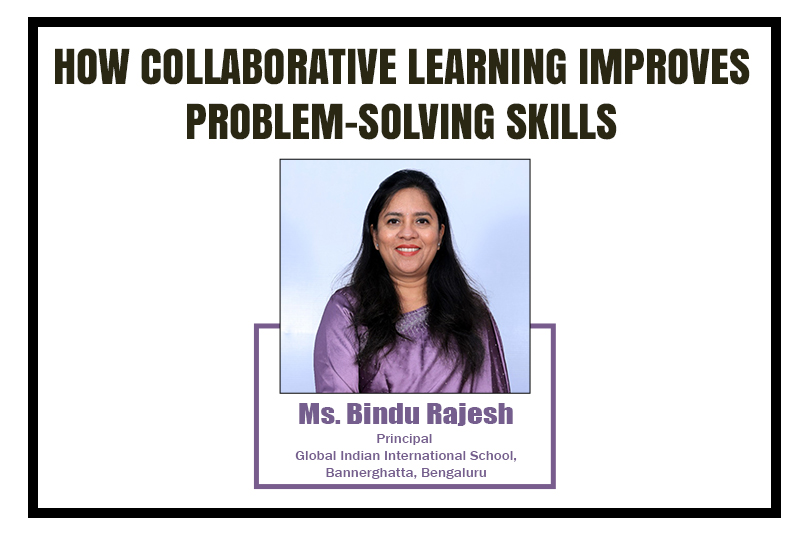Cultivating the Future: Careers in Urban Farming and Sustainable Food Production
As urban landscapes continue to expand and green spaces diminish, ensuring food security and environmental sustainability in cities has become more urgent than ever. The sight of fresh produce growing on rooftops, herbs cascading down vertical gardens, and entire communities harvesting food just steps from their homes is no longer a futuristic vision—it is the emerging reality of urban farming.
Urban farming, vertical farming, and local food systems are revolutionizing food production. These sustainable agriculture jobs are not only combating food insecurity but also transforming city life, making urban areas more self-sufficient and resilient. For individuals passionate about sustainability, agri-tech innovation, and community building, urban farming careers offer the opportunity to cultivate change—literally—while contributing to healthier, greener communities.
What is Urban Farming?
Urban farming is the practice of growing, processing, and distributing food in urban areas through innovative methods such as rooftop gardens, community plots, hydroponics, and vertical farms. This approach to urban food production maximizes limited city space while promoting local food systems and reducing environmental impacts.
Unlike traditional agriculture, urban farming leverages advanced farming techniques like hydroponics (growing plants without soil in nutrient-rich water) and aeroponics (using mist to deliver nutrients) to maximize yields in confined spaces. These methods reduce the need for large tracts of land and cut transportation costs, effectively shrinking carbon footprints.
Urban farming does more than supply fresh produce. It plays a critical role in food security, particularly in urban food deserts where access to nutritious food is limited. By making food accessible locally, these systems improve public health outcomes. Additionally, they promote environmental sustainability by reducing food miles and conserving water and land through efficient practices.
Perhaps most significantly, urban farming fosters community engagement. Community gardens and urban farms serve as educational hubs where residents can learn about sustainable agriculture, nutrition, and healthy lifestyles—all while strengthening social ties and promoting collaboration.
Growing Career Opportunities in Urban Food Production
As the global population urbanizes and the demand for sustainable food production rises, careers in urban farming, vertical gardens, and local food systems are gaining momentum. These urban farming careers span diverse roles, offering opportunities for people with various interests and skills.
Here are some of the most promising sustainable agriculture jobs in this field:
1. Urban Farmer
Urban farmers manage and cultivate crops in city-based farms, whether on rooftops, in greenhouses, or through vertical farming setups. They oversee food production, apply sustainable agriculture techniques, and distribute produce within local food systems. Mastery of hydroponics, aquaponics, and composting methods is vital for maximizing yields in confined urban spaces.
2. Hydroponic Technician
The hydroponic technician career focuses on soilless cultivation methods like hydroponics and aeroponics. These specialists are crucial for vertical farming opportunities, managing nutrient delivery systems, optimizing plant health, and troubleshooting technological systems used in urban agriculture.
3. Community Garden Coordinator
A community garden coordinator organizes and manages urban gardens designed for public use. This role emphasizes community engagement—educating residents about sustainable farming practices, encouraging participation, and promoting healthy eating habits. Strong communication and leadership skills are key to this urban food production job.
4. Local Food System Coordinator
These professionals bridge the gap between urban farmers and consumers, building sustainable food networks that reduce dependence on long-distance food supply chains. They coordinate farm-to-table initiatives, farmers' markets, and local distribution programs, strengthening local food systems careers and supporting food security initiatives.
5. Vertical Garden Designer/Engineer
Vertical gardens transform urban walls into lush green spaces that provide food and improve aesthetics. Designers and engineers in this niche develop vertical farming systems that enhance sustainability, optimize irrigation, and maximize crop growth on vertical surfaces—contributing both to food production and urban beautification.
6. Agri-Tech Specialist
The future of food production is deeply intertwined with technology. Agri-tech specialists develop and implement innovations such as automated irrigation systems, AI-driven crop monitoring, and precision agriculture tools for urban farming. These experts play a pivotal role in advancing agri-tech in urban farming and ensuring farms operate efficiently and sustainably.
7. Food Waste Management Specialist
Sustainability in urban agriculture extends beyond food production to include responsible waste management. Specialists in this role focus on minimizing food waste, developing composting systems, and creating closed-loop farming operations that turn organic waste into valuable resources for crops.
8. Marketing and Sales Professional
For urban farms to thrive economically, effective marketing is essential. Professionals in this area help promote fresh produce, establish partnerships with local restaurants and markets, and expand customer outreach. By developing compelling narratives about sustainability and local food systems, they contribute to the financial sustainability of urban farming ventures.
Essential Skills and Qualifications
Pursuing a career in urban farming or sustainable agriculture jobs requires a diverse skill set that blends scientific knowledge, technical expertise, and community engagement abilities. Here’s what aspiring professionals need:
Plant Biology & Soil Science: A foundational understanding of plant growth, soil health, and sustainable farming techniques is crucial, even for hydroponic systems where water quality replaces soil as a growth medium.
Urban Farming Techniques: Proficiency in hydroponics, aeroponics, and vertical farming is essential for roles in urban agriculture and vertical farming opportunities.
Community Engagement & Communication: Many urban farming careers involve interacting with the public, necessitating strong interpersonal and organizational skills to educate and inspire communities.
Outdoor Work Adaptability: Although urban farming is tech-driven, it still requires physical labor and comfort working in various weather conditions.
Technology Proficiency: Familiarity with sensors, automation, and AI technologies is increasingly valuable as agri-tech in urban farming continues to evolve.
Educational Pathways and Resources
To build a career in urban farming or sustainable agriculture education, numerous learning avenues are available:
Universities and Colleges now offer courses in urban agriculture, sustainable food systems, horticulture, and agri-tech innovation.
Non-profit organizations and community gardens offer hands-on experience through volunteer work and internships, helping individuals learn urban farming techniques firsthand.
Online platforms provide webinars, certification courses, and workshops on hydroponics, vertical farming, and sustainable agriculture.
Government agencies and local authorities increasingly support urban agriculture initiatives, offering funding, grants, and policy incentives that encourage entrepreneurship and job creation in this space.
The Future of Food Production: A Promising Career Path
With cities worldwide turning to eco-friendly food production methods, careers in urban farming, vertical gardens, and local food systems are more relevant—and essential—than ever. Urban agriculture goes beyond growing food; it reimagines how cities can be more self-sufficient, sustainable, and resilient.
Whether cultivating crops, engineering vertical gardens, managing local food systems, or advancing agri-tech innovations, professionals in urban food production jobs play a vital role in shaping a greener future. As interest in urban farming rises and sustainability becomes a top priority, so too do the career opportunities in this impactful and forward-thinking field.
For those seeking meaningful work that blends sustainability, technology, and community service, urban farming careers offer a chance to make a tangible difference—one harvest at a time.






